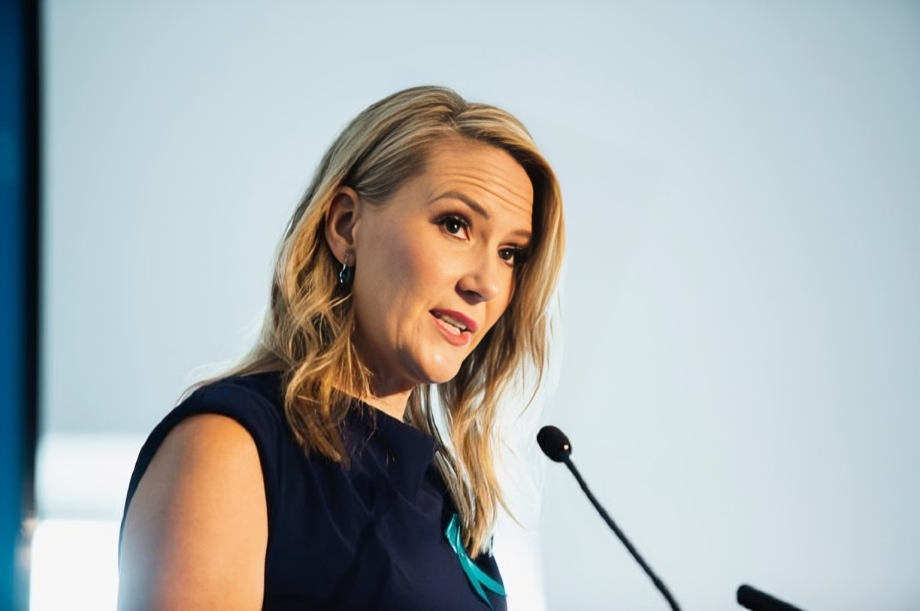Caitlin Delaney, Chair of the National Patient Advisory Committee and Patient-Partnered Research at VCCC Alliance, shared on LinkedIn:
“Today is Rare Cancers Awareness Day – you can show support for those affected by rare or less common cancers by clicking on the link in the below post and sharing a fingerprint to the online pledge held by Rare Cancers Australia. This dynamic organisation is a powerful voice and catalyst for change for people like me.
As someone living with a rare form of ovarian cancer, I have witnessed first hand the inequity rare cancer patients face in accessing best-in-class treatments, clinical trials and supportive cancer care. I have recently discovered that my disease has progressed – with numerous new disease in my lungs and even more lymph node disease. The HER2-Antibody Drug Conjugate that experts say is the next best option for me (T-DXd) is nearly $175,000 a year.
This is the reality of living with a rare cancer – one is often chasing hope in the form of emerging treatments which are not yet funded (and may never be for a rare cancer). I am hoping that the clinical trial for T-DXd will open in Sydney as planned in mid-August (or sooner!). As my disease can’t wait until then, in the interim I will start a clinical trial in the next couple of weeks which also uses a HER-2 ADC.
What I have learnt these past 7 years is that patients with a rare or less common cancer need:
Access to genomic testing of both tumour tissue and blood at diagnosis and at recurrence/disease progression.
Connection to a team of experts (often global expert opinions are required for rarer cancers) who can use the unique genetic profile of the persons cancer to help guide treatment decisions, whether that be targeted therapies or clinical trials.
Collaboration and shared decision making between the patients, their treating team and other experts in their disease.
Access to supportive care services to be able to manage gruelling treatment side effects and to be able to live as long and as well as possible.
Financial assistance which is often required to pay for off-label treatments or for travel to interstate or international locations where suitable clinical trials are.”
Source: Caitlin Delaney/LinkedIn


